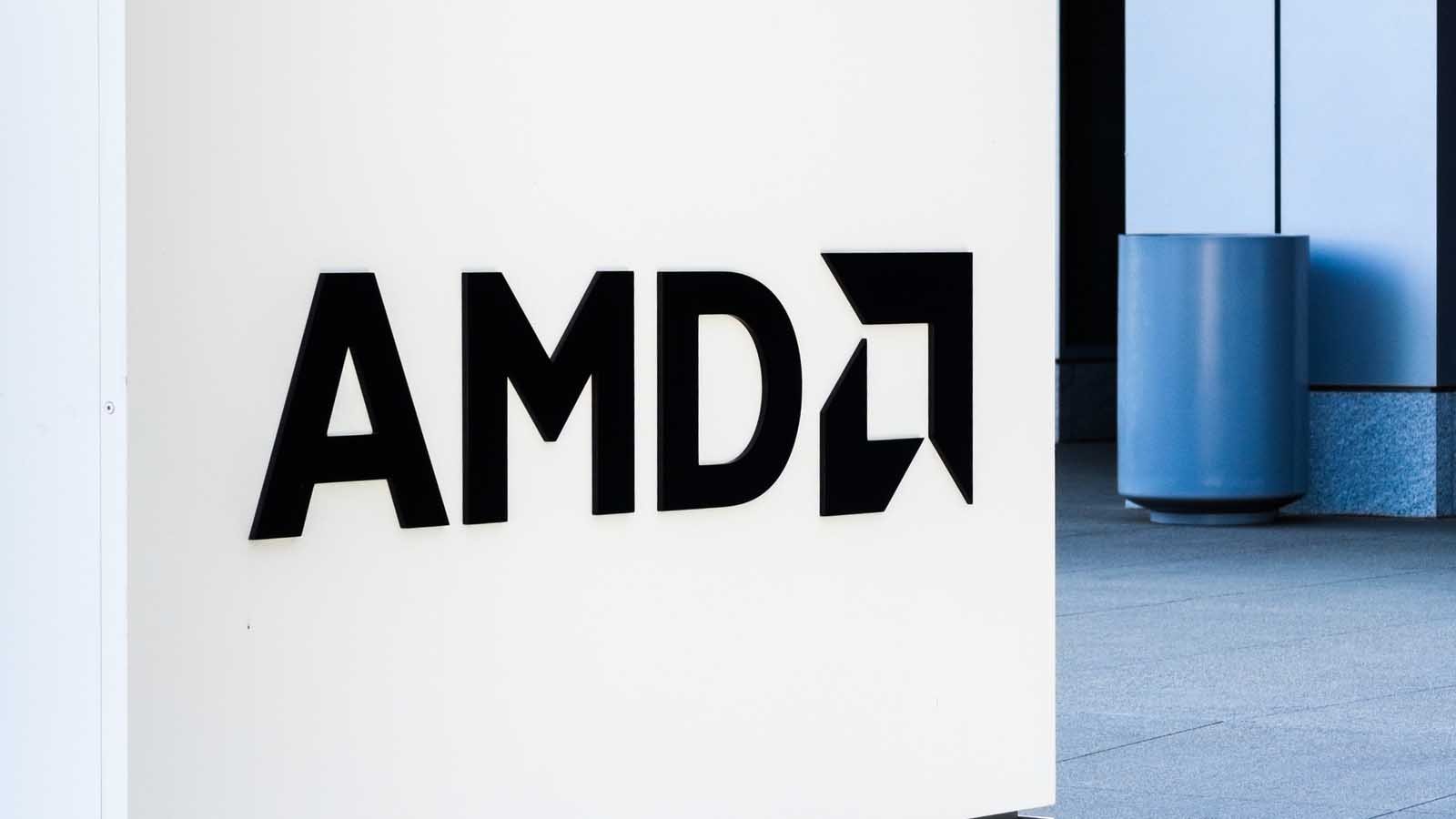Over the last several years, Advanced Micro Devices (NASDAQ:AMD) has achieved a remarkable turnaround, and AMD stock has followed comfortably along.

Long considered an afterthought to Intel’s (NASDAQ:INTC) innovative leadership, the spirited semiconductor firm has been punching well above its weight. As a result, the AMD stock price over the trailing five-year period has gained an astonishing 646%.
Much of that, of course, is due to the vision and extraordinary leadership of Dr. Lisa Su. It’s no coincidence that the remarkable five-year turnaround in Advanced Micro Devices stock occurred almost entirely under her tenure. And on a more personal level, she’s a hero for women in tech and for hard-working immigrants.
Undoubtedly, the combination of tangible and intangible factors have appealed to early speculators of AMD stock. But as Su’s time as CEO heads toward the half-decade benchmark, AMD also finds itself at a crossroads. Can her magic strike twice in light of a vicious U.S.-China trade war and a possible looming recession?
I’m sure many proponents believe it can, if only because Advanced Micro Device stock tends to have an emotional following. If you don’t believe me, you can check out my inbox, which has a special place for nasty AMD-related messages.
But to be completely fair, the contrarian case for AMD isn’t without fundamental merit. Even if we fall into a recession, the semiconductor firm has potentially viable revenue streams. For example, video gaming is a huge business. Moreover, during an economic downturn, people will place a premium for cheap entertainment as they did in the Great Depression and recession.
Therefore, buying Advanced Micro Devices stock doesn’t seem so crazy. Still, I’d be careful.
Reality Weighs down AMD Stock
On one hand, you really must hand it to Advanced Micro: they’ve been firing off compelling products and scaring their competition in the process. Their new graphics processors are designed to go head-to-head with the best that Nvidia (NASDAQ:NVDA) has to offer.
But on the other hand, this turnaround wasn’t cheap. While AMD can legitimately call itself an equal to Nvidia or Intel in terms of next-generation products, it can’t do so financially. That perspective is heightened during an economic downturn.
In a recession, “boring” metrics like stable, predictable earnings and consistently positive cash flow may win out. That augurs well for Nvidia, but not so much for Advanced Micro Devices stock.
Plus, I’m not entirely convinced about the tech firm’s ability to capture gaming revenue in a recession. Of course, AMD has a catalyst because Sony’s (NYSE:SNE) upcoming PlayStation 5 uses AMD processors. However, I’m not sure if advanced gaming demand will support shares.
As you probably know, “serious” gaming is an expensive affair. Contenders have no issue paying tens of thousands of dollars for customized gaming rigs. But will that demand stay robust during an economic slump? For patently understandable reasons, I doubt it.
Instead, I see a risk from new video game competitors, such as Alphabet (NASDAQ:GOOG, NASDAQ:GOOGL). Although Alphabet is a tailwind for AMD stock, it may not stay that way indefinitely. If Stadia, Alphabet’s gaming platform takes off, it might limit Advanced Micro Devices stock. That’s because Stadia doesn’t require a console to play, eliminating any revenue-making opportunities.
Not only that, people who use video games as a distraction will probably elect low-cost means to get their thrills. This removes the whole point about competing with Nvidia on high-profile flagship processors.
The Bottom Line on AMD Stock
Now, some of the above points are granular. But for me, the biggest reason I’m not gambling on AMD is probabilities. Shares have enjoyed monstrous returns in recent years. Given the fundamental headwinds we’re all facing, it’s unlikely that AMD will go against the grain again.
Indeed, the markets are sending prospective buyers a clear signal: wait for your discounted opportunity in Advanced Micro Devices stock.
In the first half of this year, the tech firm’s equity gained nearly 69%. But since the beginning of July, shares are down nearly 1%.
It’s not the most convincing of moves. Plus, the overhang of a trade war and possibly deteriorating consumer sentiment makes AMD stock risky. After all, they invested heavily in category-leading premium products, but who’d want to buy them in a recession?
As of this writing, Josh Enomoto is long SNE.
